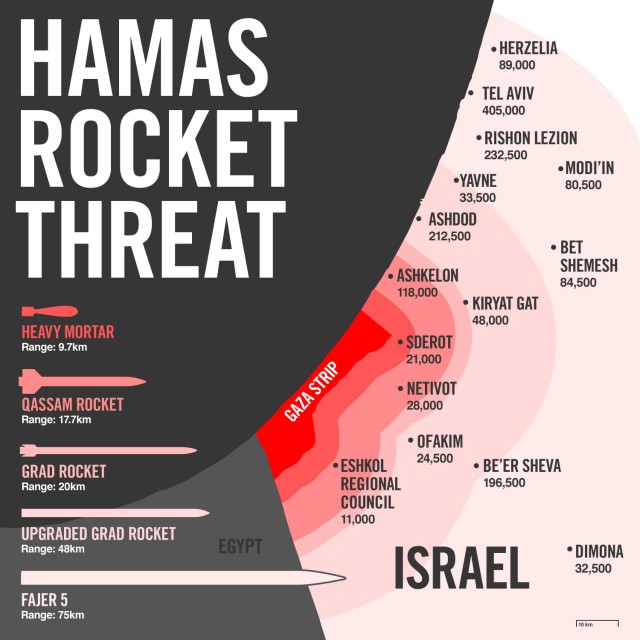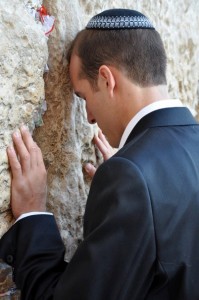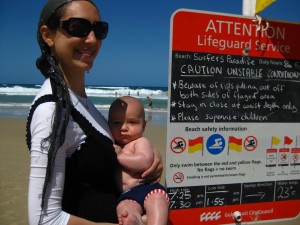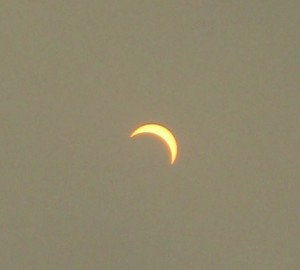Parshas Vayishlach: Learning From Everyone Around You
I have been in some really strange situations in my life. I have met the strangest people. It seems that crazy people like me or are attracted to me or something. I have never been able to figure out why. Perhaps I should have become a psychologist like my mother…
Just this week, I was sitting in the Brisbane City Botanical Gardens with Akiva. I was doing some work on my laptop and he was playing in his pram. All of a sudden, I noticed a man walking toward me. He seemed to be talking to himself, although with the advent of Bluetooth, you never really know these days! But when he asked if he could borrow my sunglasses and was upset when I said no, I knew something was really wrong with him. For safety’s sake, I got up and moved to another bench.
This isn’t an isolated incident – it happens everywhere in the world, from Miami to Buenos Aires, London to Oporto. And every time I have such an encounter, I have to wonder what it means.
You see, the Ba’al Shem Tov teaches that we can learn something from every person and every situation. Each little thing we encounter was put there by G-d because He has decided that we need to see it.
In this week’s parsha, Yaakov (Jacob) tells Esav, “Im Laban garti” – “I lived with Laban,” which the sages explain means that he lived there, but he did not immerse himself in Laban’s evil ways. (Click here to learn more about this explanation.) It sounds like Yaakov is criticizing Esav, but according to the Chofetz Chaim he was not. (You can count on the Chofetz Chaim to find the good in others!) The Chofetz Chaim says that Yaakov was lamenting one of his own failings – that he did not learn from Laban.
Of course the Chofetz Chaim is not coming to say that Yaakov should have learned to be evil, Heaven forbid! But instead, Yaakov should have learned to be more zealous in the mitzvot he does, just as Laban was so incredibly zealous in his evil ways.
This is really interesting because it shows us how it truly is possible to learn something from everyone and everything. Although the message may not be clear, we still have to try our best to look for and find it. G-d is sending us messages constantly and the sooner we get the message, the easier it is for Him to send it! If we only check our email, G-d won’t have to send letters to our mailboxes or bondsmen to thump on our doors. It’s much easier if we just humble ourselves enough to see the message He’s sending us nicely.
As for me, I’m still pondering what the reason for my crazy encounter of this week might be (or indeed the reason I keep encountering crazy people… what is Hashem trying to tell me? Maybe I’m a little bit crazy!). But I did learn something a few days later. You see, some homeless people live in the Botanical Gardens and the council won’t do anything to move them because they feel that it is hard enough for people to be homeless, that they should not be shunted out of what shelter they are able to find. It’s a compassionate view that resonates with me – as it should with all of us. The homeless people may not be the prettiest feature in the park, but the kindness of the people who allow them to remain really is beautiful. And when you take into account that the majority of homeless people also suffer from some sort of mental disorder, which Hashem gave to them and is not within their control (and which they certainly would not choose if they could help it), we can see that we have an obligation to show them compassion and to see the good in them.
As we enter the coming week, let us all try to learn something from every person and every situation we see – and let us all try our best to judge favorably.
Shabbat shalom!
Read more on Parshas Vayishlach, Yud Tes Kislev, & Chanukah: Where We Live & Why We Travel
Read More










